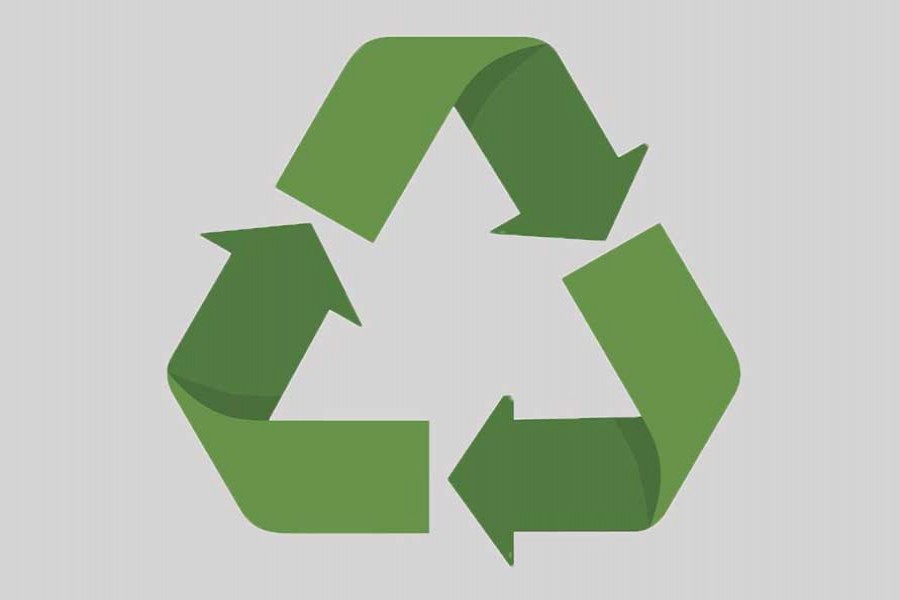Notwithstanding the unabated churning out of waste materials in the cities of the country, the discarded substances have yet to be used fruitfully. Recycling has once been viewed as a potential means to dealing with urban wastes. It has miserably failed to get off the ground. The reasons were cited as low returns, lack of expertise and large infrastructure. To many the job is like frittering away with a resource which, though generally underrated, is full of prospects. Lately, a new means to dealing with waste has been brought into focus. It involves constructing a 1.0 megawatt (MW) capacity waste-based power plant. According to a report published in FE recently, the plant to be set up in Keraniganj near Dhaka will be built on 'build, own and operate' basis. According to the report, the state-run Bangladesh Power Development Board (BPDB) is set to purchase electricity from this power plant for 20 years. In the meantime, tender has been floated to build the plant.
The project sponsor for building the waste-using plant will be picked through a competitive process from their submitted qualification statements. Technical, commercial and financial proposals including the tariff-related one placed as qualification or entitlement seeking document will come under scrutiny. Since it is a full-fledged tender submission process, the waste-based power plant is expected to meet some vital requirements. The foremost of them is that the selected project sponsor will be required to arrange the necessary finance. At the same time, the BPDB seeks to qualify project developers with previous experience in supplying the waste-generated energy to the national grid. It's worth mentioning that to generate 1.0 MW of electricity, wastes ranging from 80 to 100 tonnes will be required. In contrast, nearly 9,000 tonnes of solid waste is currently dumped in Dhaka city every day. Similar tender-processed endeavours have for some time been under way to produce waste-based electricity-producing units in some other areas. None has materialised yet.
The waste-generated electricity slated to be supplied from the specialised projects is tiny in amount. With the country's installed capacity of the national grid at 21,419 MW as of September, 2019, the added generation of 1.0 MW or 5.0 MW in each case may not apparently make much of a difference. But these additions, undoubtedly, will help expedite the march of the power sector. It's because Bangladesh will need an estimated 34,000 megawatt of power by 2030 to keep up with its current economic growth. What is equally, if not more important is its untapped potential for waste disposal and its recycling benefits.
Waste-generated electricity is a concept radically different from other power-producing means. It's also different from generation of improvised bio-energy. The idea of the new form of electricity comes mainly from landfills. But instead of a traditional one, a community landfill can have waste-to-energy facility that incinerates garbage, and transforms chemical energy to thermal energy. One way is to burn the solid waste, like those found in landfills. A lot of large landfills can also generate electricity by using methane gas produced from decomposing biomass. Bangladesh has instances before it which have developed expertise in generating waste-bred electricity. Among other countries, Sweden has set up waste incineration plants in order to generate energy. The country is considered one of the most successful ones to have transformed waste to energy. In order to become self-sufficient in electricity, Bangladesh can turn to the Nordic country for gaining knowledge about this non-traditional energy generation.


